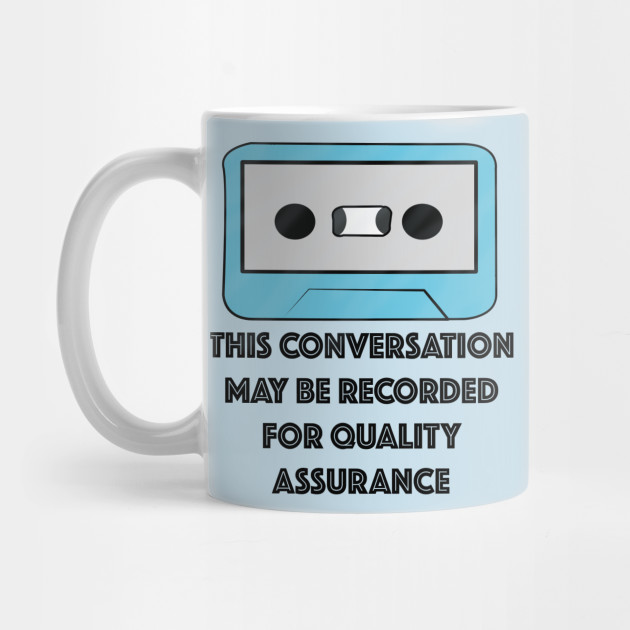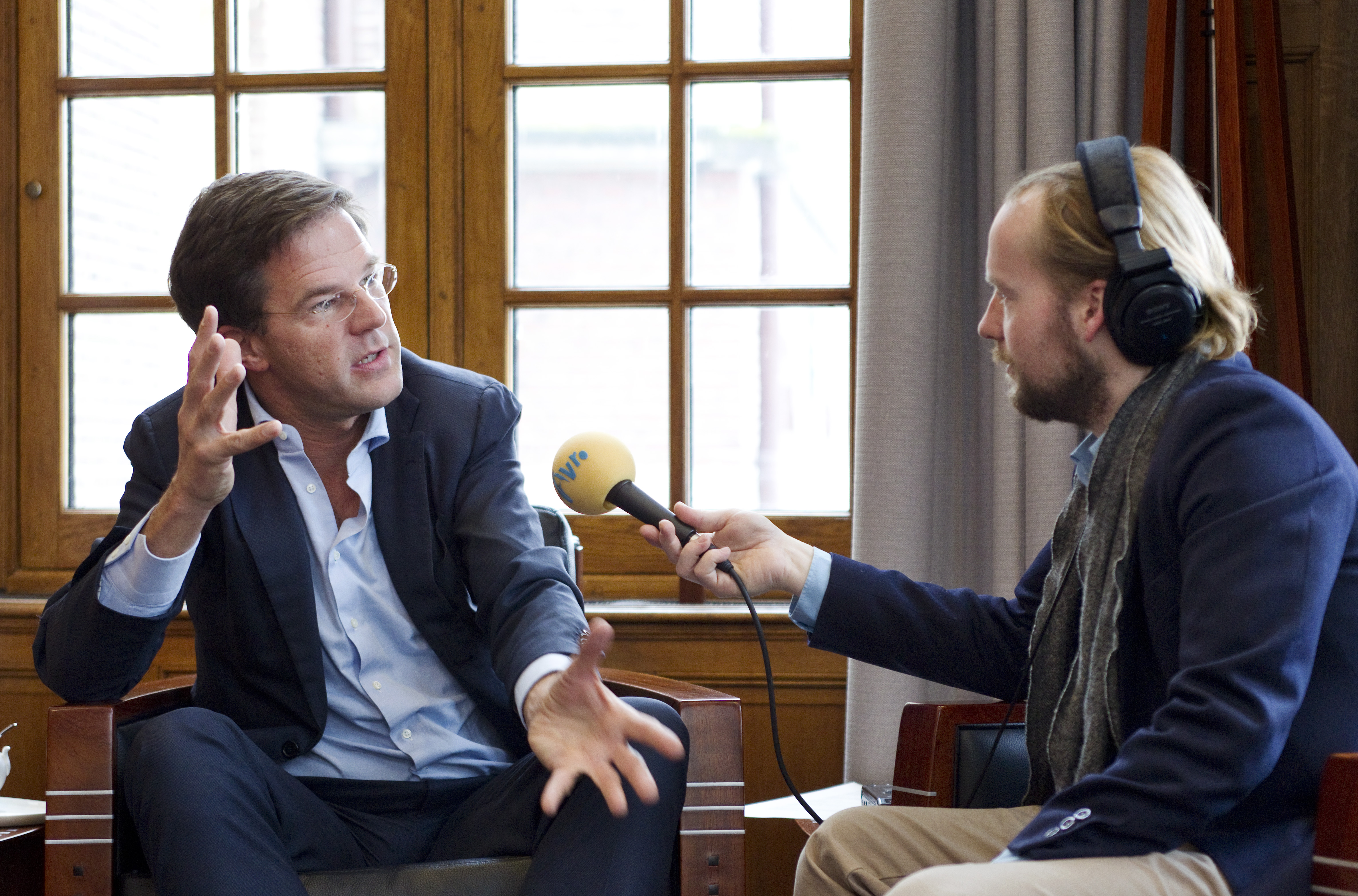Recently I have been very sick. It started two weeks ago and slowly progressed to where I am now: Currently in bed with pneumonia.

Today we are going to have a slight diversion from the general hustle and bustle found at the “Interesting Interview” blog. When I was sick I recently I found myself reflecting on an extremely influential book that I had read called “Zen in the Martial Arts” by Joe Hyams.
The book itself is merely a collection of short stories and lessons gathered over the years by Joe Hyams. Many of them are conversations he has had with other people who are masters in their respective forms of martial arts.
“Zen in the Martial Arts” uses each of its short stories to teach a lesson, illustrate a concept, or bring something to light that the reader may not have known. The book is primarily about zen. “Martial arts” is merely the medium through which Joe Hyams learned his lessons of zen.
I would like to go through two of the most influential lessons from that book and how they can be applied to “interviewing” and daily life.
Lesson 1: “I am not going to show you my art. I am going to share it with you.”
Before the book is even entirely underway and into the stories and lessons, Mr. Hyams takes a minute to explain what it is he is doing. Mr. Hyams goal is to “share” his art, not “show.” He goes on to explain that if he were to show us merely, we would become uninterested in his desplay and learn very little. If instead, he was sharing the attitude is now one where it is an exchange. The student should retain more information, and the teacher should improve as well thought their common exchange.
Applied to interviews the lesson is straight forward, make your interviews and exchange. Even if you are just the student, you should be able to influence the discussion’s atmosphere, so that is an exchange, not an exhibition.
Lesson 2: “How can I show you Zen unless you first empty your cup?”
This is probably the most famous story from this book and if you are familiar with it, good for you.

What follows is a condensed version of the original story.
A university professor once approached a martial arts master to inquire about Zen. It soon became clear to the master that the professor was not interested in actually learning but merely to tell him everything about zen that he “thought he knew.” The master asked that they would have tea. Once they had sat down for tea, the professor watched as the master started to pour tea into his cup, and then continued to pour tea after it was full. The cup started to overflow. The professor shouted “Stop! It’s full. No more can go in.” The zen master stopped pouring and remarked “The cup is like you, overflowing with your own opinions and speculations. How can I show you Zen unless you first empty your cup?
The lesson is clear. If we as interviewers don’t empty our cups before we begin an interview, we may fall victim to the same type of situation. Be prepared for your interviews, but always approach them with an open mind. If we are negligent and fail to clear our minds, the result will be something nobody is happy with.
Catch you on the flip side.
-The Author
 This is the simplest and easiest aspect of yourself to improve that will advance your conversation in everyday life. Say you just met your uncle for dinner. It turns out he is a photosynthetic plankton genome specialist. His exploits do not interest you in the slightest. While It definitely may be hard for you to just “become interested” in different topics like “photosynthentic plankton genomes,” it’s vital that you at least try so that the other person can recognize you are putting effort into the conversation. Then even if that fails you can then try to change the subject to something else you both enjoy.
This is the simplest and easiest aspect of yourself to improve that will advance your conversation in everyday life. Say you just met your uncle for dinner. It turns out he is a photosynthetic plankton genome specialist. His exploits do not interest you in the slightest. While It definitely may be hard for you to just “become interested” in different topics like “photosynthentic plankton genomes,” it’s vital that you at least try so that the other person can recognize you are putting effort into the conversation. Then even if that fails you can then try to change the subject to something else you both enjoy.





